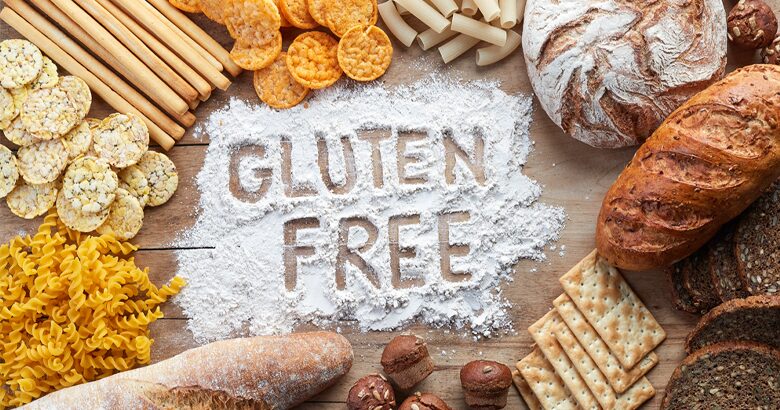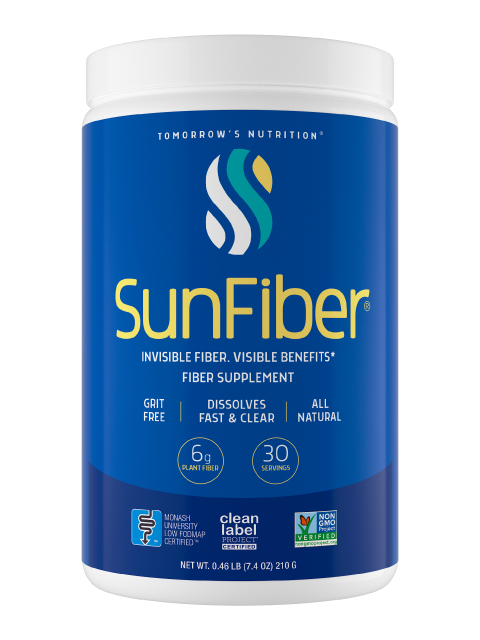Gluten-free diets have become very popular. For some, such as those diagnosed with celiac disease, it’s a necessity. Others who have a gluten sensitivity simply feel better without gluten in their diets. But as holistic pharmacist Sherry Torkos, who has celiac disease, warns: avoiding gluten can result in some nutritional deficiencies. “Many gluten-free products are high glycemic, high in calories, low in fiber and minerals, and are not fortified with vitamins. Unless you make some other dietary adjustments, you could end up gaining weight and becoming deficient in certain nutrients,” she says.
In her new blog, Torkos describes the four key gluten-free dietary concerns:
- Fiber: “Many gluten-free breads are low in fiber. It is very important to read labels. Look for breads with a minimum of three grams of fiber per serving. Opt for breads and baked goods with more fiber (bean or almond flour) or make your own and add in some flaxseed or chia seed. Add fiber to your diet by eating more veggies, and nibbling on nuts and seeds. Because it’s tough to get enough fiber day in/day out, consider a natural fiber supplement. Again, read the labels! Sunfiber is a 100% gluten-free fiber supplement that can easily be added to just about any beverage. Other fiber supplements may say “gluten-free” but may actually contain trace amounts which can add up over time.”
- Iron: “People with gluten intolerance are typically anemic. But many people are reluctant to take iron supplements because they don’t want to go from a state where they’ve had chronic diarrhea to constipating iron supplements. If you fall into this category, look for an ingredient called SunActive Iron, which is easily absorbed by the body and is non-constipating.”
- B vitamins: “B vitamins, which you need for energy and to support your nervous system, are typically not present in gluten-free products. So you will want to seek supplemental support. Look for a B-complex vitamin or ensure that your multi contains adequate B-vitamins.”
- High-glycemic foods: “Foods made with high-starch flours such as rice, potato and tapioca – including pasta, bread and cookies – are often high glycemic. Eating high-glycemic foods can cause swings in your blood sugar, making you feel tired and foggy. Those swings can also contribute to hunger, food cravings and weight gain. Even brown rice and brown pasta can be problematic. Instead choose quinoa and quinoa pasta, which are naturally higher in protein and fiber. Both are attributes that lower the food’s glycemic index value.”
A gluten-free diet can still be nutritious. “We must still be diligent about ensuring our diets contain the right nutrients to support our health,” she concludes.



0 Comments